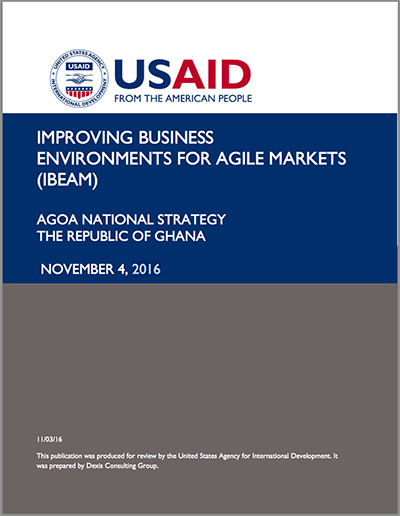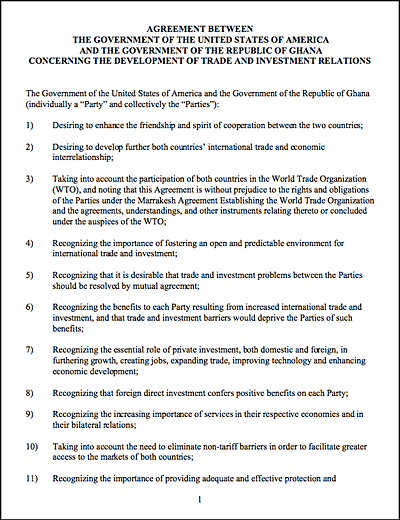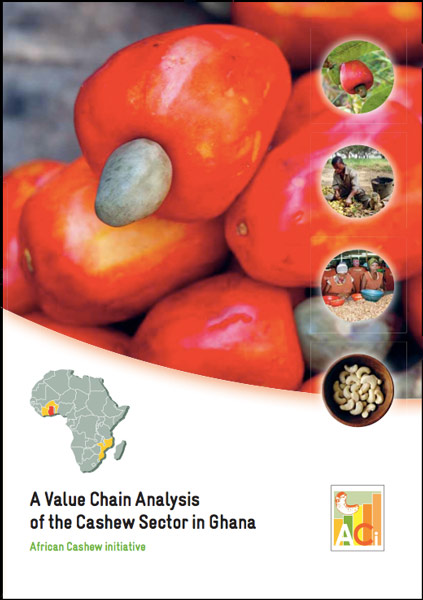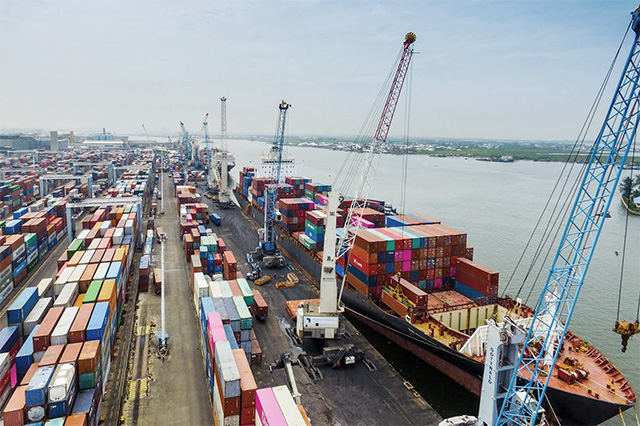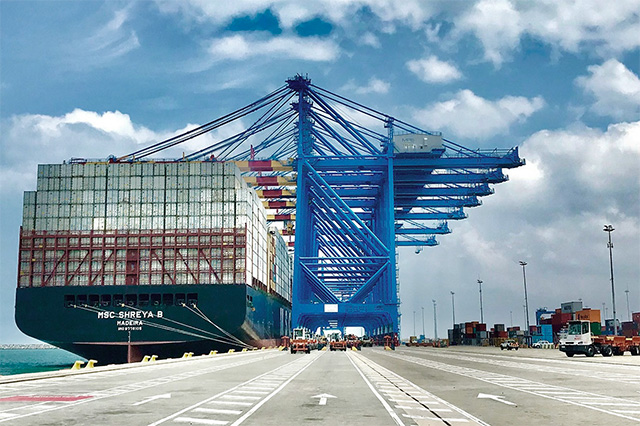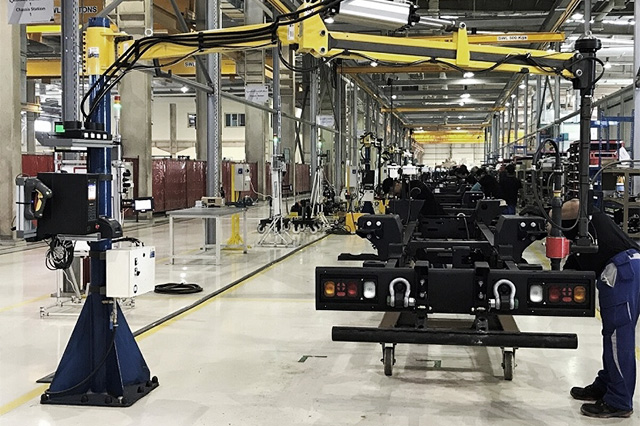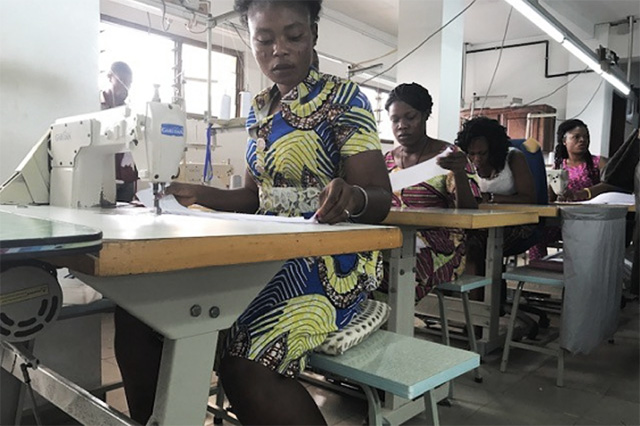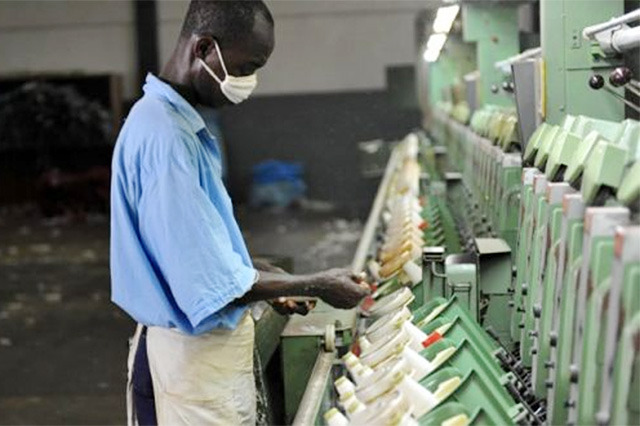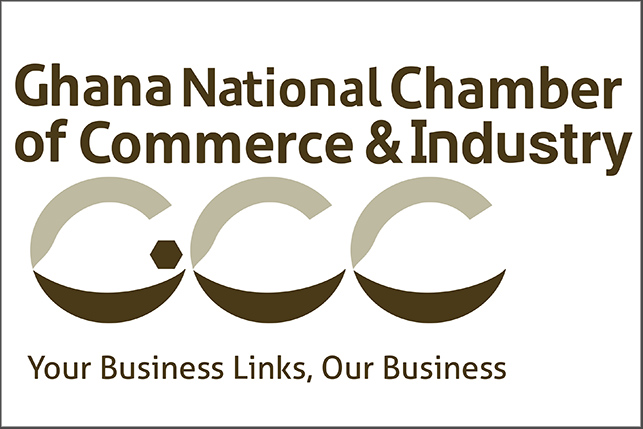Country Info: Ghana
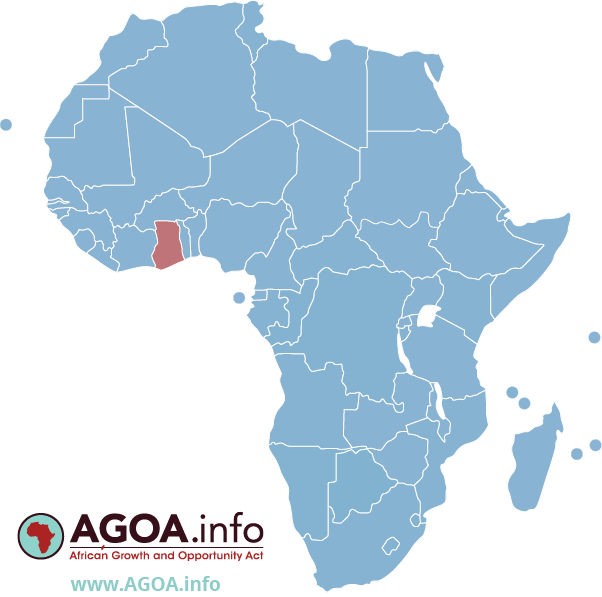
Bilateral Trade by Sector: United States - Ghana
Value ('1000 dollars), US 'domestic exports' *, US 'imports for consumption' / Includes year-to-date data
Economic Background
Ghana has a market-based economy with relatively few policy barriers to trade and investment in comparison with other countries in the region, and Ghana is endowed with natural resources. Ghana's economy was strengthened by a quarter century of relatively sound management, a competitive business environment, and sustained reductions in poverty levels, but in recent years has suffered the consequences of loose fiscal policy, high budget and current account deficits, and a depreciating currency.
Agriculture accounts for about 20% of GDP and employs more than half of the workforce, mainly small landholders. Gold, oil, and cocoa exports, and individual remittances, are major sources of foreign exchange. Expansion of Ghana’s nascent oil industry has boosted economic growth, but the fall in oil prices since 2015 reduced by half Ghana’s oil revenue. Production at Jubilee, Ghana's first commercial offshore oilfield, began in mid-December 2010. Production from two more fields, TEN and Sankofa, started in 2016 and 2017 respectively. The country’s first gas processing plant at Atuabo is also producing natural gas from the Jubilee field, providing power to several of Ghana’s thermal power plants.
As of 2018, key economic concerns facing the government include the lack of affordable electricity, lack of a solid domestic revenue base, and the high debt burden. The AKUFO-ADDO administration has made some progress by committing to fiscal consolidation, but much work is still to be done.
Ghana signed a $920 million extended credit facility with the IMF in April 2015 to help it address its growing economic crisis. The IMF fiscal targets require Ghana to reduce the deficit by cutting subsidies, decreasing the bloated public sector wage bill, strengthening revenue administration, boosting tax revenues, and improving the health of Ghana’s banking sector. Priorities for the new administration include rescheduling some of Ghana’s $31 billion debt, stimulating economic growth, reducing inflation, and stabilizing the currency. Prospects for new oil and gas production and follow through on tighter fiscal management are likely to help Ghana’s economy in 2021.
Agricultural products
cassava, yams, plantains, maize, oil palm fruit, taro, rice, cocoa, oranges, pineapples
Industries
mining, lumbering, light manufacturing, aluminum smelting, food processing, cement, small commercial ship building, petroleum
Industrial production growth rate
16.7% (2017 est.)
(Source: World Factbook, 2021)


![Brochure - AGOA performance and country profile of Ghana [updated 2023]](https://agoa.info/images/articles/15553/ghanaagoaguide.png)
